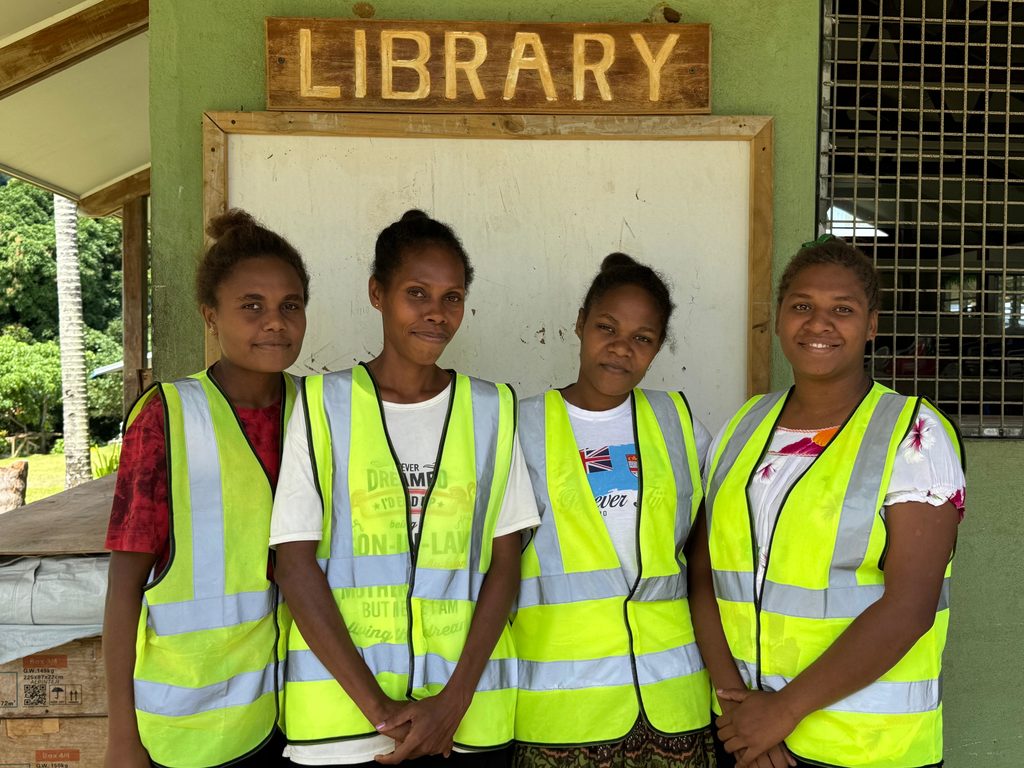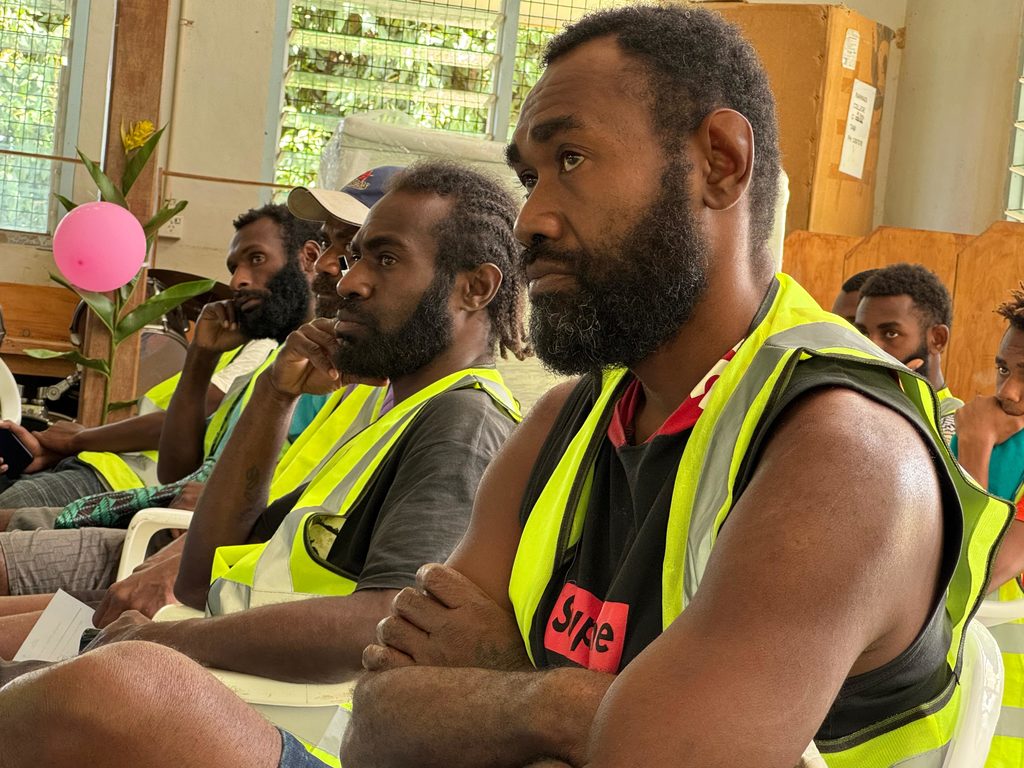The Government of Vanuatu has set itself an ambitious, but essential target: universal renewable energy-based electrification by 2030, as articulated in the National Energy Road Map (NERM 2016–2030).
Achieving this goal requires not only investment in infrastructure, but also the systematic development of a skilled national workforce capable of sustaining and expanding the green transition.
THIS week marked a significant milestone in that journey. At Ranwadi College on Pentecost Island, the first ever Certificate I in Electrotechnology training was launched by the Vanuatu Institute of Technology under the Vanuatu Green Transformation Project (VGET), funded by the Government of Japan and implemented by the United Nations Development Programme (UNDP) as part of the Pacific Green Transformation Initiative. The training spans 41 days, broken into three blocks, and emphasizes practical skills in safety, electrical theory, solar applications, wiring, and troubleshooting.
The VGET project is contributing directly to the NERM targets through the construction of three pico-hydro power stations on Pentecost Island. Once operational, these systems will provide clean and reliable energy to approximately 700 households—directly benefitting more than 2300 residents and indirectly reaching an additional 6,000.
Yet the sustainability of such investments depends fundamentally on the capacity of local communities to operate, maintain, and eventually expand these systems. The newly launched training addresses this critical need by equipping participants with crucial technical knowledge and practical skills to manage green technologies at the community level including small supervised household wiring work and troubleshooting.
The Certificate I in Electrotechnology programme has been designed to be both practical and inclusive. It employs learner-centred methodologies tailored to participants in rural settings, including those with diverse literacy levels. Equally important, the training promotes gender inclusivity. Of twenty-three participants, Four women are among the inaugural participants—an encouraging sign that barriers to women’s participation in technical and green sectors in Vanuatu are being actively dismantled.
The VGET initiative thus aligns with broader policy imperatives, including the National Human Resource Development Plan and the National Sustainable Development Plan (NSDP), which call for the expansion of technical and vocational education and training (TVET), the promotion of inclusive growth, and the development of human capital to meet future labour market demands.
Globally, the transition to green and blue economies could generate an estimated 180 million jobs by 2050. However, experts caution that demand for skilled labour in renewable energy and climate-resilient sectors is already beginning to outpace supply. For small island developing states such as Vanuatu—where exposure to climate risks is acute and reliance on imported fossil fuels is unsustainable—the urgency of developing a skilled green workforce cannot be overstated.
Through capacity building initiatives like this training, Vanuatu is not only preparing communities to sustain energy infrastructure, but also positioning its young people to participate in emerging opportunities across the Pacific and beyond. Green jobs are not the future — they are the present, and they are central to delivering on climate commitments, energy security, and sustainable development.
Ranwadi College provides a unique platform for piloting TVET in Schools, in rural and remote islands. Its size, boarding facilities, and provincial reputation make it an ideal site to integrate vocational education into secondary curricula. The lessons from this pilot will inform broader TVET expansion efforts across the provinces, thereby reinforcing the Government’s commitment to equitable access to education and skills development.
The launch of this training is a demonstration of how infrastructure, capacity building, and inclusive participation must advance together if Vanuatu is to meet its renewable energy and development targets. It also illustrates the value of strong partnerships—between the Government of Vanuatu, international partners such as Japan, UNDP, and national institutions like the Vanuatu Institute of Technology.
As Vanuatu advances toward its 2030 electrification target, continued investment in human capital development will be indispensable. Building the workforce of tomorrow is not an ancillary activity — it is the foundation upon which the country’s energy transition and broader sustainable development will succeed.
Participants of the I Certificate in Electrotechnology organised by the Vanuatu Institute of Technology on Pentecost Island recently. Picture: SUPPLIED



